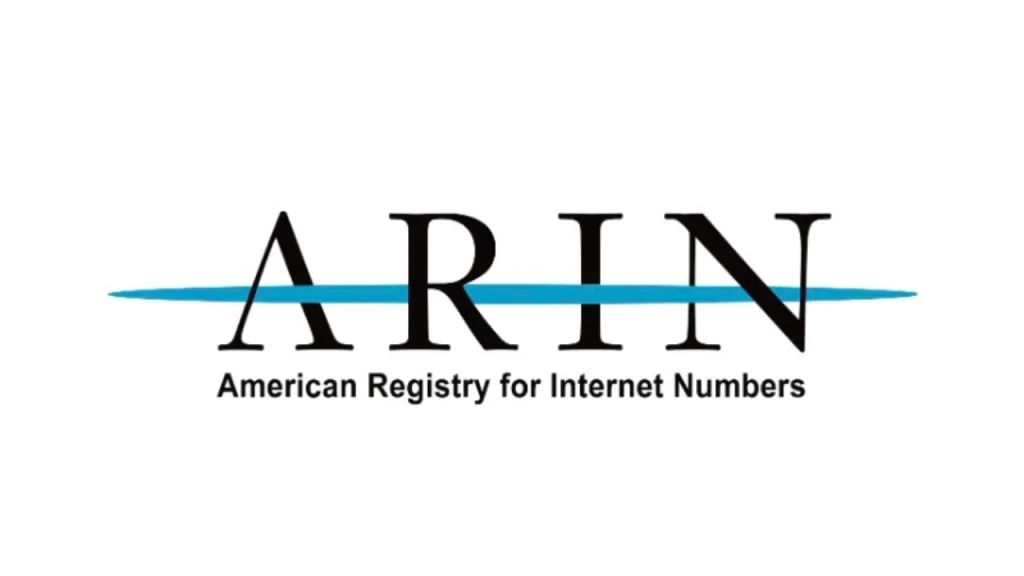- In-person and virtual participation available
- Key topics include draft policies and 2025 election candidates
What happened: ARIN 56 registration opens for in-person and virtual participation
Registration is now open for ARIN 56, the upcoming Public Policy and Members Meeting hosted by the American Registry for Internet Numbers (ARIN). The event will be held on 30-31 October 2025 in Arlington, Texas, and will also be available virtually via Zoom. Attendees will be able to engage in discussions surrounding draft policies, listen to reports from ARIN’s Board of Trustees and Advisory Council, and watch videos from candidates running in the 2025 ARIN Elections.
For those planning to attend in person, the meeting will take place at the Loews Arlington hotel, directly after NANOG 95. Participants must register and book their accommodations before 3 October to secure a room. The in-person experience will feature a Welcome Reception on Wednesday, 29 October, followed by a social event at the AT&T Stadium, home of the Dallas Cowboys, on Thursday evening.
Virtual attendees can access the meeting through Zoom and will receive a link to join the sessions on each day of the event. However, to submit comments or participate in discussions and policy proposal polls, individuals must be officially registered.
Also read: ARIN improves RPKI services to enhance routing security
Also read: What is ARIN? Inside the organisation that runs the internet for North America
Why it’s important
ARIN 56 provides an important platform for network professionals and stakeholders to discuss key internet policies, including draft proposals and governance updates. With remote participation options, it opens the meeting to a global audience, fostering broader engagement with the organisation’s work.
Additionally, the event will feature a virtual Meeting Orientation on 21 October, giving attendees the chance to familiarise themselves with the policies under discussion. The meeting serves as a reminder of the ongoing debate over policy-making within the internet governance community, as organisations such as ARIN work to shape the future of internet number allocation.
Despite its potential benefits, there remains some scepticism about the transparency and inclusivity of ARIN’s decision-making processes. While the event allows input from various stakeholders, it raises questions about the accessibility of the policy development process and whether the meeting truly reflects a diverse range of interests. As the internet ecosystem becomes more complex, it will be crucial to assess whether ARIN’s approach is flexible enough to address emerging challenges.

